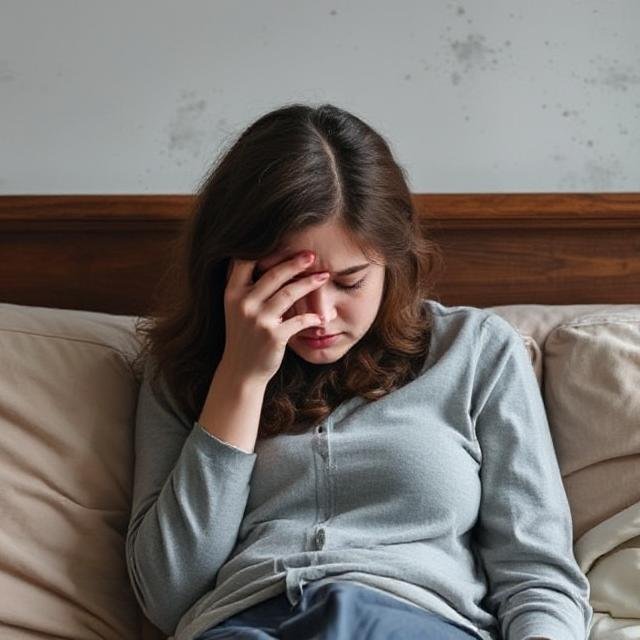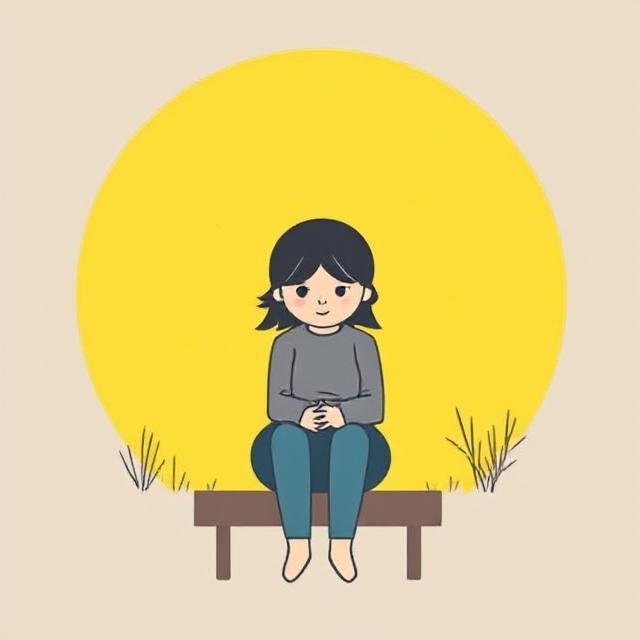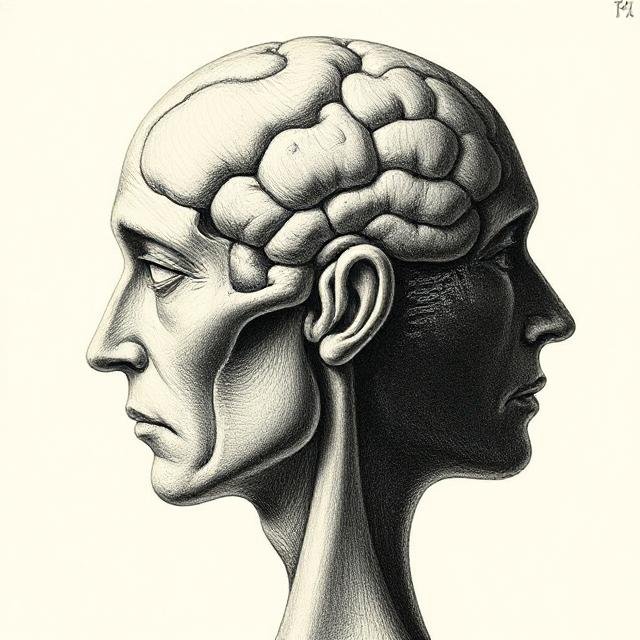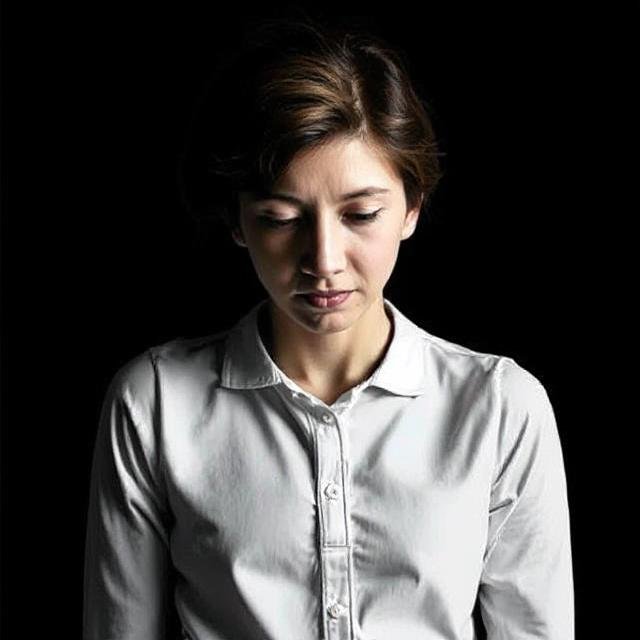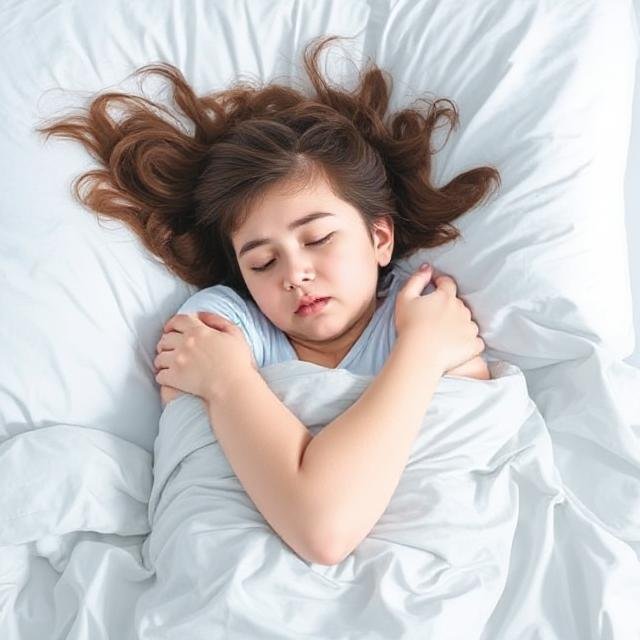What is Clinical Depression?
Clinical depression, formally known as Major Depressive Disorder (MDD), is more than fleeting sadness. It’s a chronic mental health disorder that disrupts daily functioning and diminishes quality of life.
Globally, over 280 million people live with depression, making it a leading cause of disability (World Health Organization, 2023).
Clinical depression affects:
- Mood: Persistent sadness, emptiness, or hopelessness
- Cognition: Difficulty thinking, concentrating, or making decisions
- Physical Health: Changes in sleep, appetite, and energy levels
Unlike temporary sadness, symptoms of clinical depression persist for at least two weeks and often recur throughout life.
Symptoms of Clinical Depression
According to the DSM-5-TR, a diagnosis of MDD requires at least five of the following symptoms nearly every day for two weeks or longer (American Psychiatric Association, 2022):
- Persistent depressed mood
- Loss of interest or pleasure (anhedonia)
- Significant weight loss or gain
- Insomnia or excessive sleeping
- Fatigue or loss of energy
- Feelings of worthlessness or guilt
- Difficulty concentrating
- Psychomotor agitation or slowing
- Recurrent thoughts of death or suicide
Symptoms can be severe enough to interfere with work, school, and relationships.
Causes and Risk Factors
The causes of clinical depression are complex and multifactorial:
- Biological Factors: Genetics, neurotransmitter imbalances (like serotonin and dopamine)
- Psychological Factors: Childhood trauma, chronic stress
- Medical Conditions: Thyroid disorders, chronic pain
- Environmental Factors: Financial stress, lack of social support
Research suggests that a combination of genetics and environment shapes individual vulnerability (National Institute of Mental Health, 2023).
Diagnosis: How is Clinical Depression Identified?
Diagnosis involves a thorough assessment by a healthcare professional, including:
- Clinical interview and symptom checklists
- Physical exams to rule out medical conditions
- Psychological questionnaires (e.g., PHQ-9)
- Assessment of functional impairment
Prompt diagnosis is essential for effective treatment and preventing complications like suicidal thoughts.
Treatment Options for Clinical Depression
Clinical depression is highly treatable, with most individuals improving significantly with professional care.
Psychotherapy
- Cognitive Behavioral Therapy (CBT): Focuses on changing negative thought patterns
- Interpersonal Therapy (IPT): Addresses relationship and communication issues
- Mindfulness-Based Therapies: Help manage rumination and stress
Medications
- Selective serotonin reuptake inhibitors (SSRIs)
- Serotonin-norepinephrine reuptake inhibitors (SNRIs)
- Tricyclic antidepressants
- Atypical antidepressants
Other Treatments
- Electroconvulsive therapy (ECT): Used for severe, treatment-resistant cases
- Transcranial magnetic stimulation (TMS): Non-invasive brain stimulation
- Lifestyle modifications: Exercise, sleep hygiene, balanced nutrition
Early intervention improves recovery rates significantly (Mayo Clinic, 2023).
Living with Clinical Depression
Living with clinical depression requires ongoing self-care and support:
- Build a strong support network
- Stick to treatment plans
- Educate loved ones about depression
- Practice self-compassion
- Watch for warning signs of relapse
Depression is not a personal failure—it’s a medical illness that deserves compassionate, evidence-based care.

